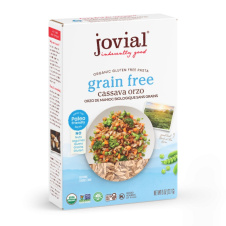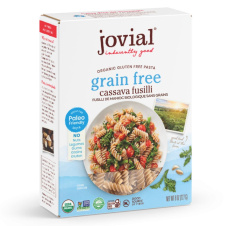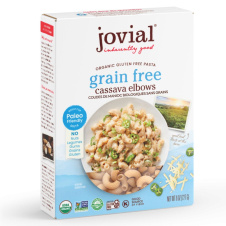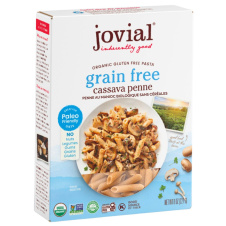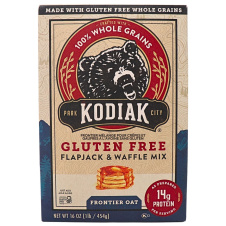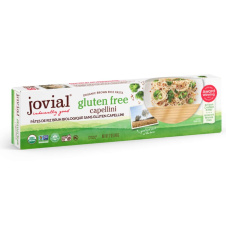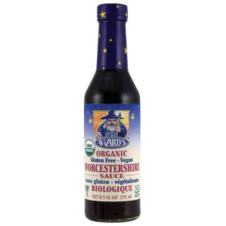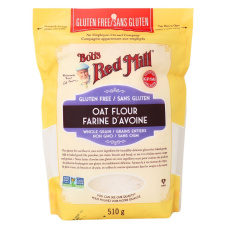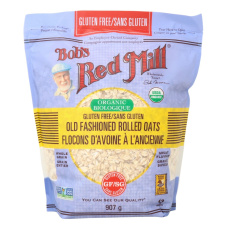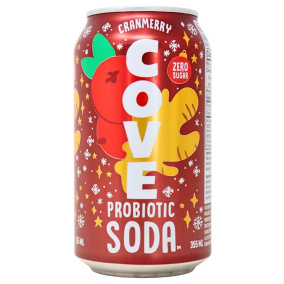
What do We Know about Gluten-Free Diet
Gluten-free meaning
Gluten is a protein found in grains, such as wheat, rye and barley, spelt and kamut and yeast. Gluten makes bread products chewy and gives them an elastic quality.
Gluten is the only protein found in food that is completely indigestible. Its indestructible molecules can slip through the intestinal lining and cause inflammation in the intestines.
The gluten-free diet was first introduced by Williem-Karel Dicke, a Dutch pediatrician, in the early 1940s. Although the diet has since become a fad for weight loss, it's original intention was to treat people who have celiac disease, inflammation and other health issues.
Currently, people who are following a gluten-free diet include those living with:
- Celiac disease, a serious genetic autoimmune disease.
- Gluten sensitivity, sometimes mistakenly called “gluten intolerance”.
- Wheat allergies, such as hives or anaphylaxis.
Unfortunately, the majority of people in the world are unaware of gluten sensitivity and remain undiagnosed.
This means that foods like bread, bagels, pasta, cookies, cakes, and crackers are making them sick. Left untreated, it can lead to further complications such as osteoporosis, autoimmune disorders and even cancer.
There is no cure for celiac disease and gluten intolerance, which means that sensitive people need to permanently eliminate foods containing gluten from their diet.
Gluten-free foods
There are many varieties of grains, flour and starch alternatives that naturally do not contain gluten and can be consumed by those on a gluten-free diet.
Gluten-free grains and starches:
- Buckwheat
- Amaranth
- Quinoa
- Millet
- Sorghum
- Corn (polenta)
- Wild rice
- Teff
- Soy
- Flax
- Hominy
- Rice
Gluten-free foods:
- Beans
- Seeds
- Nuts
- Fresh meat
- Poultry
- Fish
- Fresh Eggs
- Diary products
- Fruits
- Vegetables
- Oils
- Herbs
Natura Market offers a wide range of gluten-free products: Gluten-free products
Foods to avoid:
These foods should be avoided unless they are labelled as gluten-free or made with gluten-free grain, such as corn, rice or soy:
- Bread
- French fries
- Cakes and pies
- Candies
- Cereals
- Cookies
- Pasta
- Beer
- Crackers
- Salad dressings
- Croutons
- Gravies
- Imitation meat
- Processed meat
- Matzo
- Sauces
- Tortilla chips
Benefits of gluten-free diet
There are plenty of myths about the gluten-free diet but the one thing that is certain is that it offers tremendous health benefits for those with gluten intolerance or celiac disease. Here are the health benefits of a gluten-free diet.
● Improves energy levels
● Promotes healthy weight gain
● Eliminates bloating
● Reduces joint pain
● Reduces the frequency of headaches
● Reduces depression
● Reduces lactose tolerance
● Improves bone health
● Improves skin health
● Reduces hair loss
Why is gluten-free diet not for everyone?
Gluten-free foods have been rising in popularity and many people seem to think that it's gluten-free so it must be healthy. This is not true.
A research proved that long-term gluten-free diets in people without celiac disease may increase the risk of cardiovascular issues because eliminating gluten also means removing some healthy foods that provide vitamins and minerals. Whole grains in the diet are associated with a lower risk of cardiovascular disease, type 2 diabetes, metabolic syndrome, and cancer.
There are many gluten-free products on shelves that are just as unhealthy as their wheat-based counterparts. Gluten-free foods, especially refined foods processed to make them gluten-free (Many made with potato or rice starch), cheat the consumer out of the many health benefits of whole grains and can be seriously lacking critical nutrients such as fibre, iron, zinc, folate, niacin, thiamine, riboflavin, calcium, vitamin B12 and phosphorus.
Because of its popularity, there are many products on the market that now advertise as “gluten-free”. A product can only be labelled “gluten-free” if it meets the three following criteria:
- It contains no more than 20 parts per million of gluten, which is the smallest amount that instruments can reliably detect.
- It does not contain any single type or combination of barley, rye, and wheat.
- It does not contain an ingredient derived from barley, rye, or wheat.
In order to maximize the health and nutritional benefits, a gluten-free diet should be filled with a variety of naturally gluten-free foods such as fruits, vegetables and lean proteins, as well as gluten-free grains. It is recommended also to avoid processed foods, refined sugar and saturated fat.
As with any balanced diet, control and moderation are extremely important for people with gluten sensitivity. Daily exercise is also necessary for managing and maintaining a healthy lifestyle.
Sticking to a gluten-free diet can be tough. But with the right education and an optimistic approach, you and your family can live a full and healthy gluten-free life.



